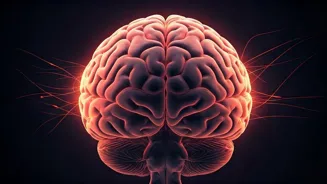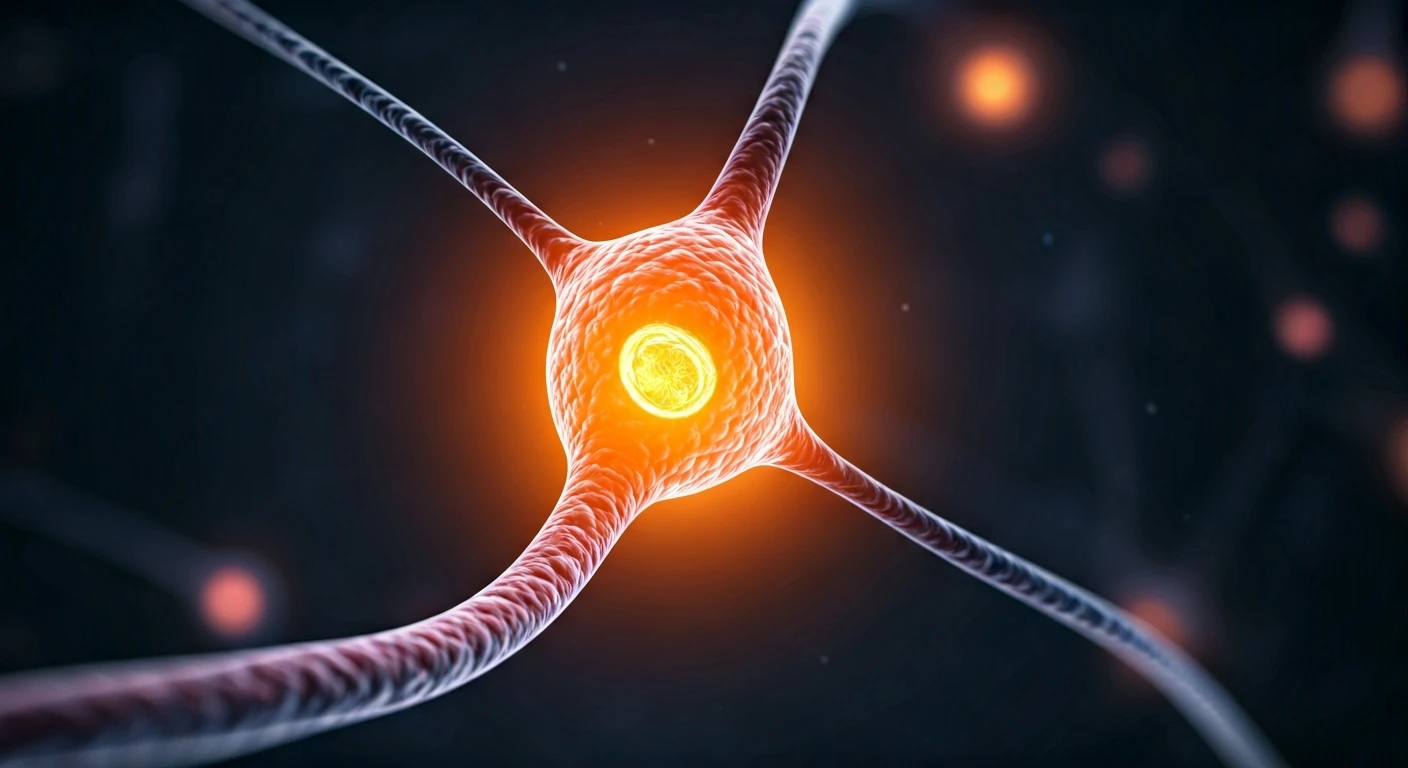Fuel Your Brain
The first key habit is to prioritize nutrition. Just like any other part of your body, your brain needs the right fuel to function optimally. Focus on incorporating
nutrient-rich foods into your diet regularly. Start by including foods rich in omega-3 fatty acids, found in fish such as salmon and walnuts, as they are essential for brain health and cognitive function. Then, make sure you are consuming plenty of antioxidants, found in colorful fruits and vegetables, which protect your brain from damage caused by free radicals. Also, include foods such as blueberries, broccoli, and dark chocolate, known for their ability to boost memory and concentration. Avoid sugary drinks, processed foods, and excessive caffeine, which can negatively impact brain function. By making conscious dietary choices, you can set a strong foundation for a healthy and sharp mind.
Embrace Regular Exercise
Physical activity plays a vital role in promoting cognitive function and brain health. Regular exercise enhances blood flow to the brain, delivering more oxygen and nutrients, which directly benefits cognitive performance. Aim for at least 30 minutes of moderate-intensity exercise most days of the week. Activities like brisk walking, jogging, swimming, or cycling are excellent choices. Incorporate both aerobic exercise and strength training into your routine. Strength training can boost the production of brain-derived neurotrophic factor (BDNF), a protein that supports the growth and survival of brain cells. Even short bursts of exercise, such as taking the stairs instead of the elevator or doing a few squats during breaks, can make a difference. Consistency is key; making exercise a regular habit is one of the most effective ways to boost your brainpower.
Prioritize Quality Sleep
Sleep is crucial for brain health and optimal cognitive function. During sleep, your brain consolidates memories, clears out toxins, and prepares for the next day. Aim for 7–9 hours of quality sleep each night. Create a relaxing bedtime routine to promote better sleep. This could include taking a warm bath, reading a book, or listening to calming music. Make sure your bedroom is dark, quiet, and cool. Avoid screen time (phones, tablets, and computers) at least an hour before bed, as the blue light emitted from these devices can interfere with your sleep cycle. Consistent sleep deprivation can lead to impaired concentration, memory problems, and decreased cognitive performance. Prioritizing sleep is one of the most important habits for maintaining a sharp and healthy brain.
Challenge Your Mind
Engaging in mentally stimulating activities is essential for maintaining cognitive health and boosting brainpower. Regularly challenge your brain with activities that require focus and concentration. This could involve puzzles, such as crosswords or Sudoku, which enhance problem-solving skills and memory. Learning a new skill, like a new language, playing a musical instrument, or taking up a new hobby, can also significantly benefit your brain. These activities stimulate new neural pathways and improve cognitive flexibility. Reading regularly is another excellent way to challenge your mind, expand your knowledge, and improve your vocabulary. Make time for these activities daily or at least several times a week to keep your brain active and agile. Continually challenging your mind helps to enhance memory, focus, and overall cognitive function.
Stay Socially Active
Maintaining social connections and staying engaged with others is beneficial for cognitive health. Social interaction stimulates the brain and helps reduce the risk of cognitive decline. Make an effort to spend time with friends and family, participate in social events, or join clubs or groups based on your interests. Engage in meaningful conversations, share experiences, and seek out new relationships. Activities like playing games with others or participating in group discussions can also improve cognitive function. Research shows that social isolation can have negative effects on brain health, increasing the risk of cognitive decline. Nurturing your social connections and staying actively involved with others can contribute to a healthier, more resilient brain, improving your mental well-being.
Manage Stress Effectively
Chronic stress can negatively impact brain health and cognitive function, so it is critical to effectively manage stress. Find healthy ways to cope with stress in your daily life. Practice relaxation techniques, such as deep breathing exercises, meditation, or yoga, to calm your mind and body. Engage in activities you enjoy, such as listening to music, spending time in nature, or pursuing hobbies. Physical exercise is also an effective stress reliever. Make time for self-care and activities that bring you joy and relaxation. Consider setting boundaries to protect your time and energy, and learn to say no to commitments that overwhelm you. Prioritize your mental well-being by recognizing and addressing the sources of stress in your life. Effective stress management helps to protect your brain from the damaging effects of chronic stress, thus boosting cognitive function.
Practice Mindfulness Daily
Incorporating mindfulness into your daily routine can significantly improve cognitive function and reduce stress. Mindfulness involves paying attention to the present moment without judgment. Start by practicing meditation for a few minutes each day. Focus on your breath, observe your thoughts and feelings without getting carried away by them. You can also practice mindfulness throughout your day by paying attention to your senses—what you see, hear, taste, smell, and touch. Engage fully in whatever activity you're doing, whether it’s eating a meal, washing dishes, or walking outside. Mindfulness helps to improve focus, reduce mind-wandering, and enhance emotional regulation. Regular mindfulness practice can also increase your awareness and improve your ability to handle stress. By making mindfulness a habit, you can sharpen your mind and improve your overall well-being.
Stay Hydrated Regularly
Proper hydration is often overlooked, but it plays a crucial role in brain health and cognitive function. Your brain is about 73% water, so staying hydrated is essential for optimal performance. Drink enough water throughout the day; aim for at least eight glasses. Dehydration can lead to fatigue, difficulty concentrating, and impaired cognitive function. Carry a water bottle with you and sip water consistently. Avoid sugary drinks and excessive caffeine, as they can have diuretic effects and lead to dehydration. Pay attention to the signals your body sends, such as thirst, and respond promptly. Adequate hydration helps maintain optimal brain function by ensuring that oxygen and nutrients are efficiently transported to the brain. By prioritizing hydration, you can enhance your cognitive abilities, stay focused, and feel more energized throughout the day.
Use Brain-Training Apps
In the modern world, there are numerous digital tools designed to boost brainpower, and one option is the use of brain-training apps. These apps offer a variety of games and exercises to enhance cognitive skills such as memory, attention, and problem-solving. Many apps are available, with different focuses. Some concentrate on improving memory with memory-based games, others enhance attention and focus with tasks requiring concentration, and still others boost problem-solving skills with puzzles and challenges. These apps provide a structured and engaging way to challenge your brain and improve cognitive functions. Use these apps regularly, dedicating a few minutes each day to these brain exercises. However, it is essential to balance digital brain training with other activities, such as real-world social interactions, physical exercise, and diverse intellectual pursuits, to get the best results.














